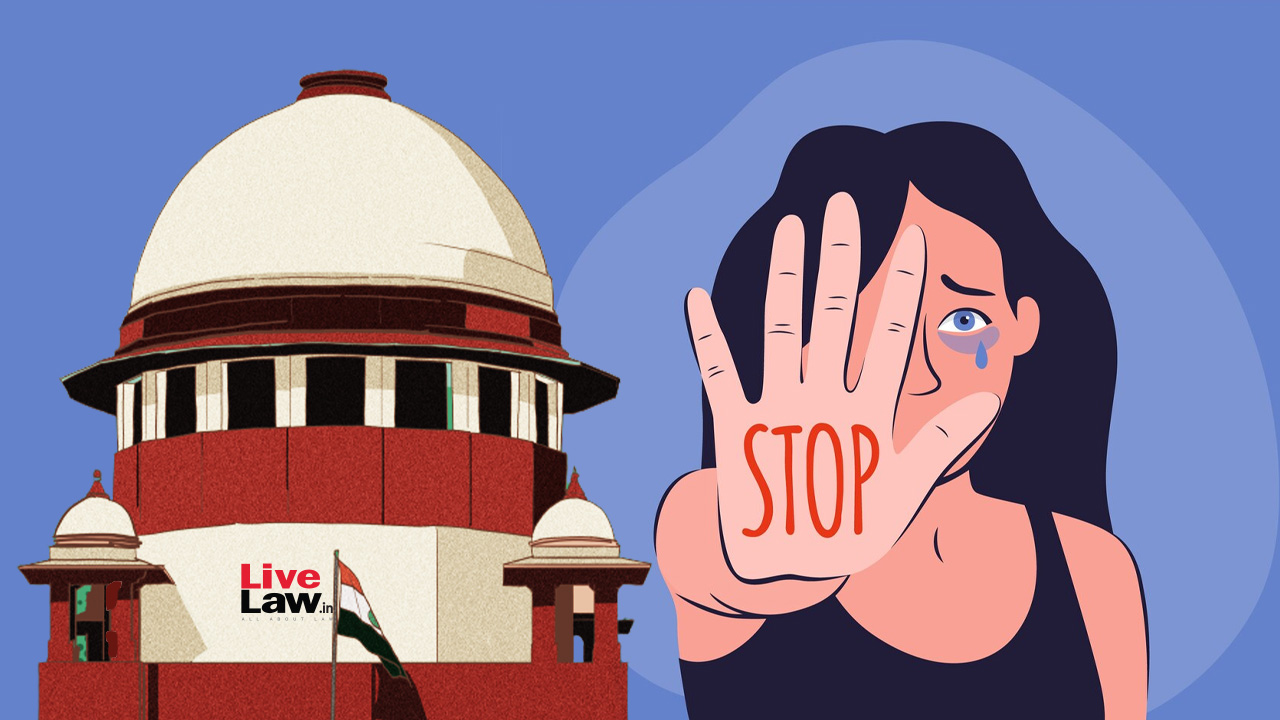 |
|
The Supreme Court of India is currently deliberating on a public interest litigation (PIL) filed by the Supreme Court Women Lawyers Association (SCWLA) seeking comprehensive guidelines to enhance the safety and security of women across the nation. The PIL proposes a wide range of measures, some of which have sparked considerable debate and controversy. Central to the petition is a call for a nationwide implementation of stringent safety protocols, addressing issues faced by women in public spaces, particularly those considered most vulnerable, such as women residing in marginalized communities or those who regularly utilize public transportation. The petition argues that while numerous laws and punishments exist to address crimes against women, their effective implementation remains a significant challenge. The petitioners highlight a perceived gap between the legal framework and its practical application, suggesting a need for more robust enforcement mechanisms and greater accountability.
One of the most contentious proposals within the PIL is the call for a complete ban on free online pornography. The petitioners posit a direct correlation between easy access to such material and the rise in sexual offenses across India. They contend that unrestricted access to explicit content normalizes harmful behavior and contributes to a culture that perpetuates violence against women. This aspect of the petition raises complex questions about freedom of speech, censorship, and the effectiveness of such a ban in addressing the root causes of sexual violence. While acknowledging the concerns raised, the court has indicated that it will consider the legal implications and potential ramifications of such a sweeping measure, including its compatibility with fundamental rights and existing legislation. It is anticipated that a thorough examination of the evidence presented and legal precedents will guide the court’s determination on this particular proposal.
Another highly controversial element of the PIL is the suggestion that individuals convicted of sex offenses against women and children should face mandatory castration. This proposal has elicited strong reactions, with the court itself acknowledging the ‘barbaric’ nature of the suggestion. However, the petitioners argue that such a severe punishment is warranted given the severity of these crimes and the need for a strong deterrent. The court has expressed reservations, citing concerns about its alignment with the principles of justice and human rights. The existing legal framework in India, with its emphasis on due process and rehabilitation, will be a key consideration in evaluating the feasibility and acceptability of this proposal. This aspect of the petition highlights the ongoing debate on the effectiveness of punitive measures versus rehabilitative approaches in addressing sexual violence.
Beyond the highly debated proposals, the PIL also advocates for several other measures aimed at improving women's safety. These include the mandatory installation of CCTV cameras in workplaces, a call for fast-track trials in cases of rape and sexual harassment, and a prohibition on MPs and MLAs accused of crimes against women from contesting elections until they are acquitted. The petitioners are also pushing for guidelines on appropriate social behavior in public transport, highlighting the need for a cultural shift in attitudes towards women's safety. The court has recognized the innovative nature of some of these proposals, expressing particular interest in the suggestion of implementing guidelines on social conduct in public transport systems. The proposed guidelines could potentially influence social norms and contribute to a more respectful and safer environment for women using public transportation.
The PIL further emphasizes the need for robust implementation of existing laws and improved investigation procedures. The petitioners argue that laxity in enforcement and investigative practices undermines the effectiveness of legal frameworks designed to protect women. The court has acknowledged this concern, indicating that a critical component of addressing the issue lies in improving the effectiveness of law enforcement and the judicial system. The PIL calls for a systemic overhaul of the way these institutions function, urging greater accountability and stricter enforcement of existing laws to ensure that the legal framework translates into real-world protection for women. The court's response to the PIL will be closely followed by women's rights advocates, legal experts, and policymakers across India. The ultimate decision will significantly shape the landscape of women's safety and legal reforms in the country. The case highlights the ongoing struggle to balance the need for effective deterrents and the protection of fundamental rights, illustrating the complexities of addressing sexual violence in a society governed by the rule of law.
The coincidence of the PIL hearing with the 12th anniversary of the Nirbhaya gang rape case adds a poignant layer to the ongoing deliberations. The Nirbhaya case, which sparked widespread protests and significant legal reforms, serves as a stark reminder of the urgent need for comprehensive measures to protect women against violence. The SCWLA’s petition reflects the enduring fight for women's rights and safety, and the court's response will significantly influence the future trajectory of this crucial issue in India. The outcome of this case will not only affect the immediate legal landscape but also shape public discourse and societal attitudes toward women's safety and the enforcement of legal frameworks aimed at preventing violence against them. The implications extend far beyond the specific proposals within the PIL, affecting the overall approach to tackling sexual violence and protecting the rights of women in India.
